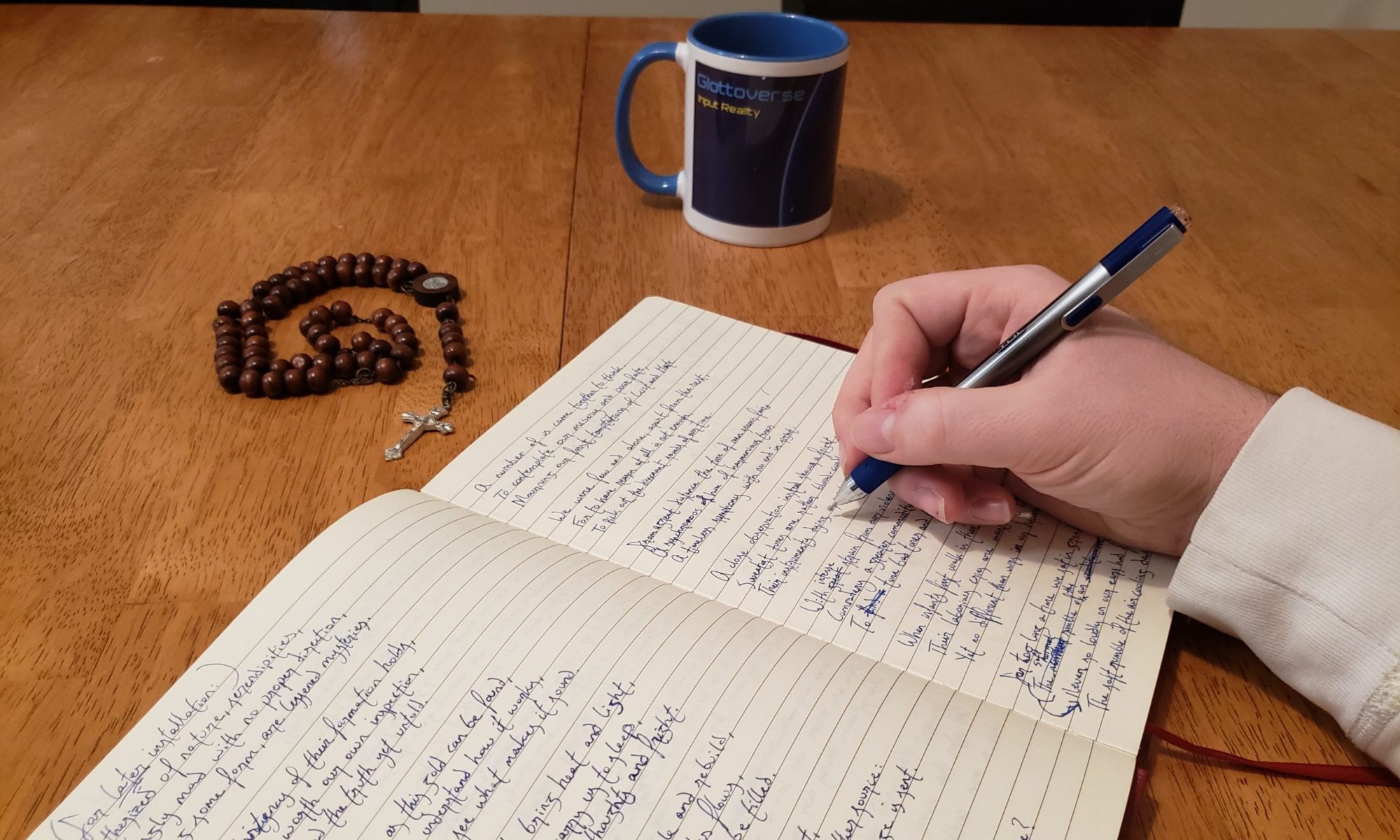The Graduale Romanum (Roman Gradual) is an official Church resource. It contains the chanted propers for all Sunday and Solemnity Masses. It is the official music resource for the Roman Rite of the Catholic Church.
Wait, the Church has an official music resource for Mass?
It does! Surprised? I was, when I first learned about it.
Why have I never heard of it before?
That’s a really great question. It’s a long story, but the short version is that after the Second Vatican Council the compilers of Gregorian Chant were too slow and too late. Sacrosanctum Concilium, the official Church document from the Second Vatican Council that changed the Mass, was promulgated in 1965, but the Roman Gradual didn’t see the light of day until 1974.
Hold on, hold on. The official music of the Catholic Church is Gregorian Chant?
No, the official music of the Roman Rite is Gregorian Chant.
“The Church acknowledges Gregorian chant as specially suited to the Roman liturgy: therefore, other things being equal, it should be given pride of place in liturgical services.” – Sacrosanctum Concilium, Paragraph 116
“Gregorian chant, as proper to the Roman liturgy, should be given pride of place, other things being equal. Its melodies, contained in the “typical” editions, should be used, to the extent that this is possible.” – Musicam Sancram, Paragraph 50(a)
“The main place [for music] should be given, all things being equal, to Gregorian Chant, as being proper to the Roman Liturgy” – General Instruction of the Roman Missal, Chapter 2, Paragraph 41
Okay, okay. But wait, what is a proper?
There are two kinds of texts that we find in the Mass. You either have an ordinary or a proper. Ordinary texts are usually the same in every Mass while Proper texts are specific to each Mass.
Ordinary Examples:
-Penitential Act
-Kyrie
-Gloria
-Eucharistic Prayers
-Sanctus
-Agnus Dei
Proper Examples:
-Entrance Antiphon (Introit)
-Collect Prayer
-Old Testament, Epistle, Psalm, and Gospel Readings
-Communion Antiphon
-Post communion Prayer
I shouldn’t have to learn Latin just to be a part of my Church!
Well, why not? Sacrosanctum Concilium actually says you should be able to:
“Nevertheless steps should be taken so that the faithful may also be able to say or to sing together in Latin those parts of the Ordinary of the Mass which pertain to them.” – Paragraph 54
But I really like having hymns. It’s something I can participate in.
That’s understandable, but for many centuries hymns were a part of the Liturgy of the Hours, the Divine Office, and not the Mass. Sacrosanctum Concilium called for the active participation of the faithful in Mass and very shortly after many people had your same thought. They thought that in order to cultivate active participation the faithful should be given music they could participate in. One easy idea? Hymns.
The main issue that recent commentators have discussed, like those over at the Burrowshire Podcast, is that the phrase active participation was interpreted by the Consilium, the committee that orchestrated the New Mass after the Second Vatican Council, to mean that the laity were to do external action in order to achieve it. Active Participation, however, does not inherently mean external action. If one reads the many texts that precede the Second Vatican Council one will actually find that active participation more inherently means an internal action on the part of the faithful. There is a desire that the laity pray the Mass alongside the priest, but primarily that they achieve a mental participation, and not necessarily a corporal participation.
Well, okay. What are the basics I need to know in order to understand what is in the Graduale Romanum?
- It’s all in Latin. Gregorian Chant, proper to the Roman Rite, uses the liturgical language of the Rite, which is Latin.
- It contains all of the sung propers of each Sunday and Solemnity Mass:
– Introit (Entrance Antiphon)
– Gradual (Psalm, usually in place of the Responsorial Psalm)
– Alleluia
– Offertory Antiphon (While the gifts are being prepared)
– Communion Antiphon - Each Antiphon (Introit, Offertory, and Communion) can be accompanied by chanting Psalm verses and by chanting the Gloria Patri (Glory Be). After each verse the antiphon is repeated, not unlike the Responsorial Psalm.
Well I’m sure it’s expensive and out of my reach. So, nice try anyway.
Actually, it’s available for free online: https://www.ccwatershed.org/2014/02/17/1974-graduale-romanum-now-online/
Gee, that’s really hard. How could we possibly incorporate that into our Mass?
Luckily there are a lot of brilliant people who care about implementing these resources. Check this website out: https://musicasacra.com/resource-lists/
I would highly suggest, though, considering this as a wonderful entry point: https://media.musicasacra.com/books/simple_english_propers.pdf

